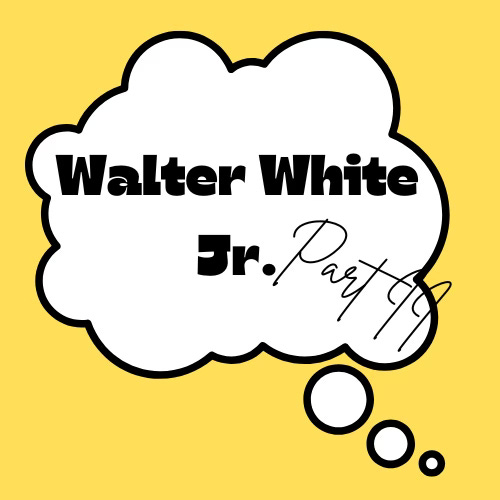Entry #2 Part II: James Moore on Walter White Jr.
From Albuquerque to the Yorkshire Dales to Los Angeles—the power of disability representation.
As part of my research for James Moore’s interview and because James stressed the importance of his initial exposure to disability representation on screen and its influence on him, I wanted to reach out to the first person I saw on TV with cerebral palsy.
Speechless actor Micah Fowler.
Speechless focuses on J.J. DiMeo, a teenager with cerebral who uses a communication device to express himself. The show follows J.J. as he seeks independence and experiences the ordinary life of a disabled person.
In the days since Micah has responded, I wanted to share the email because it beautifully explains the issue of disability representation—and why it matters and because I think it shows the power of “firsts,” I hadn’t seen anyone with my disability before on TV, and it’s a memory that has stayed with me—it had a hand in shaping both my career and this project.
The power of that initial introduction was present throughout James’s interview when he spoke of Walter White Jr. (RJ Mitte):
“I was probably 24 or 23. Wanting...to be an actor my whole life, but I didn’t really see any avenue or any way in. And then that made me think, “Oh, maybe they are looking for people, and they are looking for individuals to fill these roles. Maybe I should kind of have a look again, and that’s what got me back into acting and ultimately got me a career.”
It hits on something raw, up close and intimate for so many disabled people, so I wanted to share the email as a whole:
Hi Melissa,
I think it's amazing you are interviewing disabled people about their favorite disabled characters. Thank you for reaching out. I think disability representation is important because it allows society to harness the power of media to present new perspectives to viewers and counter general stereotyping of people with disabilities. You see, the more people see characters with different disabilities on their screens, the more insight they gain, the more they begin to see each character as a person first, a person with personality, heart, humor and aspirations, contrary to only seeing and identifying them by their disability.
The more people see us, the more people understand us, hopefully to the point that they don’t even see the wheelchair, the cane, the disability, instead they see the individual.
Increased exposure leads to increased inclusion and challenges viewers to interact with people with disabilities they meet in the future.
I also think disability representation matters because seeing yourself represented fosters empowerment. Disability representation empowers and fosters hope (original emphasis) to people navigating life with a disability.
Best Regards, Micah.
After reading the email, James said, “he’s right.” It struck me that for all we talk about it and think it out, and for all the different words and phrases that we use, how we reason it through in our minds and intellectualise it—those first glimpses of people who look like us, move like us, sound like us—hit some spot in our soul.




